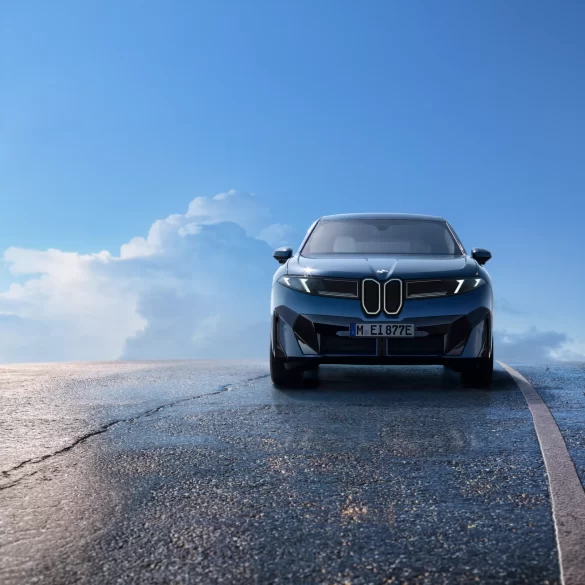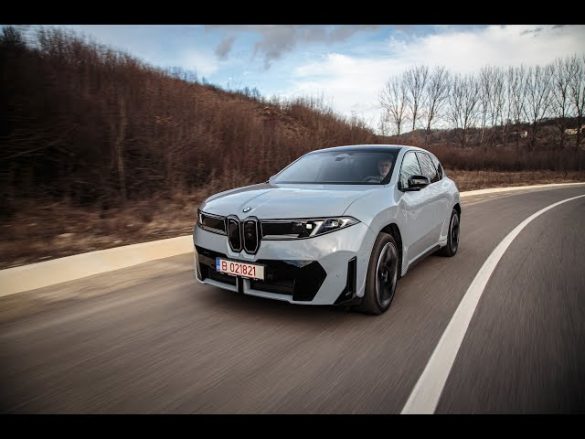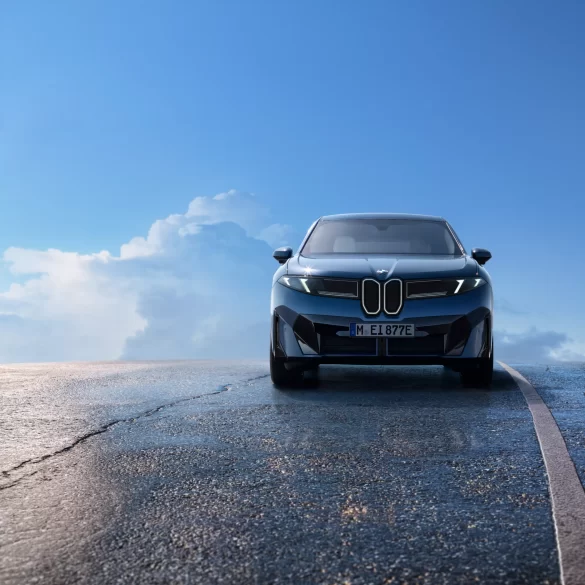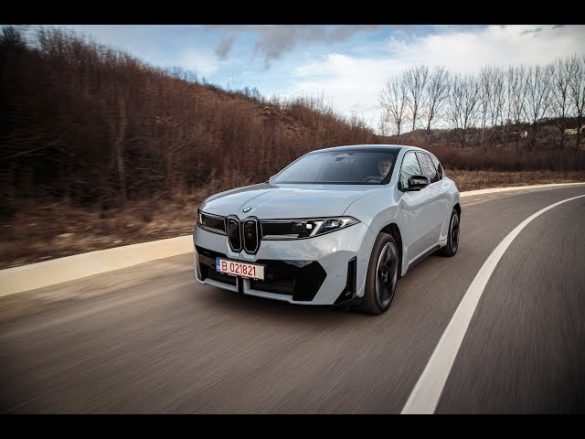Morgan Motor Company, one of the oldest automobile manufacturers, has produced since 1909 a limited number of hand-built cars each year, and every model features an ash wood frame combined with a steel or aluminum chassis for light weight and strength.
Well, Morgan Motor Company decided that it’s time to move and they had teamed up with electric motor specialist Zytek and other high-tech British companies to produce two electric concept cars to be revealed in early 2012.
Despite the fact that they will be based around the Worcestershire firm’s Aero Supersport aluminium chassis, the two projects, named Morgan +E will come with a derivative of Zytek’s high power-density electric motor replacing the classic 4.8-litre BMW V8 engine.
This isn’t the first time when Zytek try something at this level, considering that they first experimented with a high-performance electric sportscar back in 1997 when it converted a Lotus Elise to electric drive. Keep in mind that this experimet led to engineering programmes with both Chrysler and General Motors, followed shortly after by a deal with Daimler to develop and build electric powertrains for the Smart Fortwo ED (electric drive).
Although Morgan said that it won’t exactly be conventional in its use, both concepts will use a manual gearbox. Supposedly, the box will have five gears and gears one, three and five will be used to take advantage of the electric motor’s wide torque band.
“Keeping the motor in its sweet spot will help it use energy more efficiently, which will increase the vehicle’s range,” explains Zytek’s engineering programme manager Neil Cheeseman. “It also allows us to provide lower gearing for rapid acceleration from pull-away and higher gearing for top speed. It should also make the car more engaging for keen drivers.”
These two cars will take thir power from Li-ion batteries mounted into the aluminium chassis, which will be crafted by Radtek.
Zytek currently produces its 94bhp, 221lb ft electric powertrain for various vehicles, including the Smart ED.
Morgan’s project is being partially funded by a £100,000 grant from CENEX, a company that runs research and design projects and wants to increase market opportunities for zero-emission transport.
Source: Autocar







